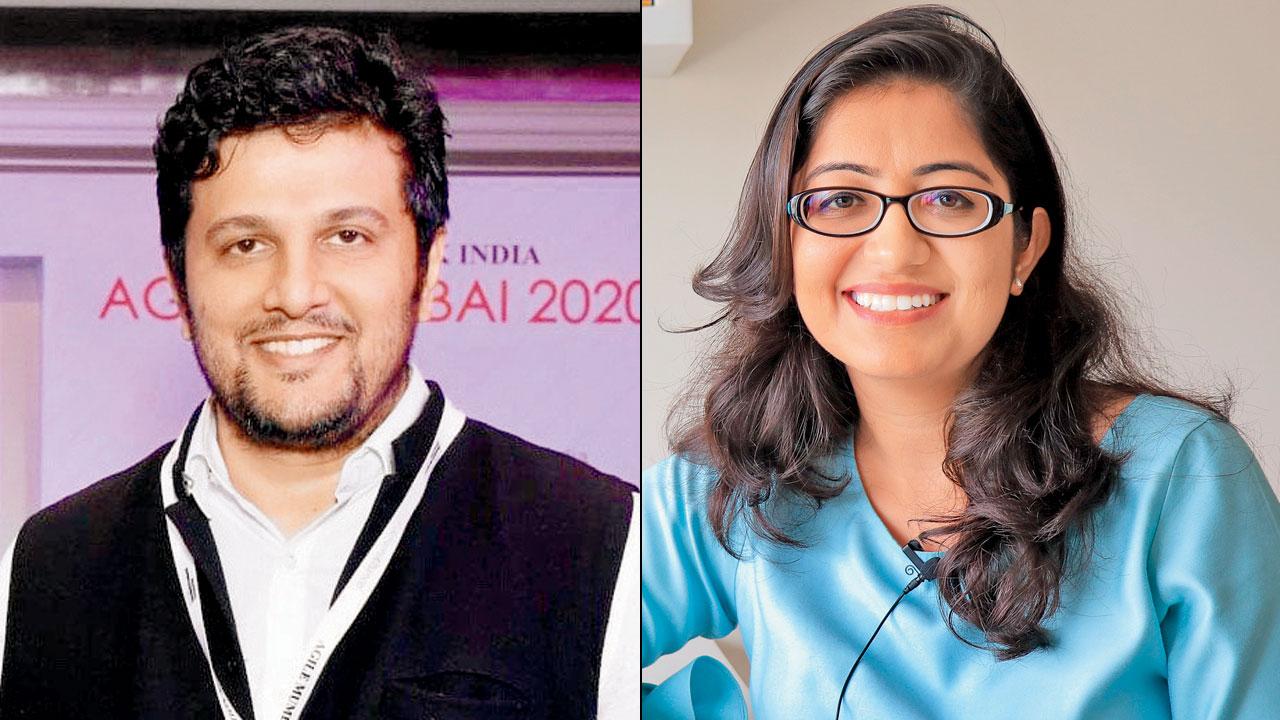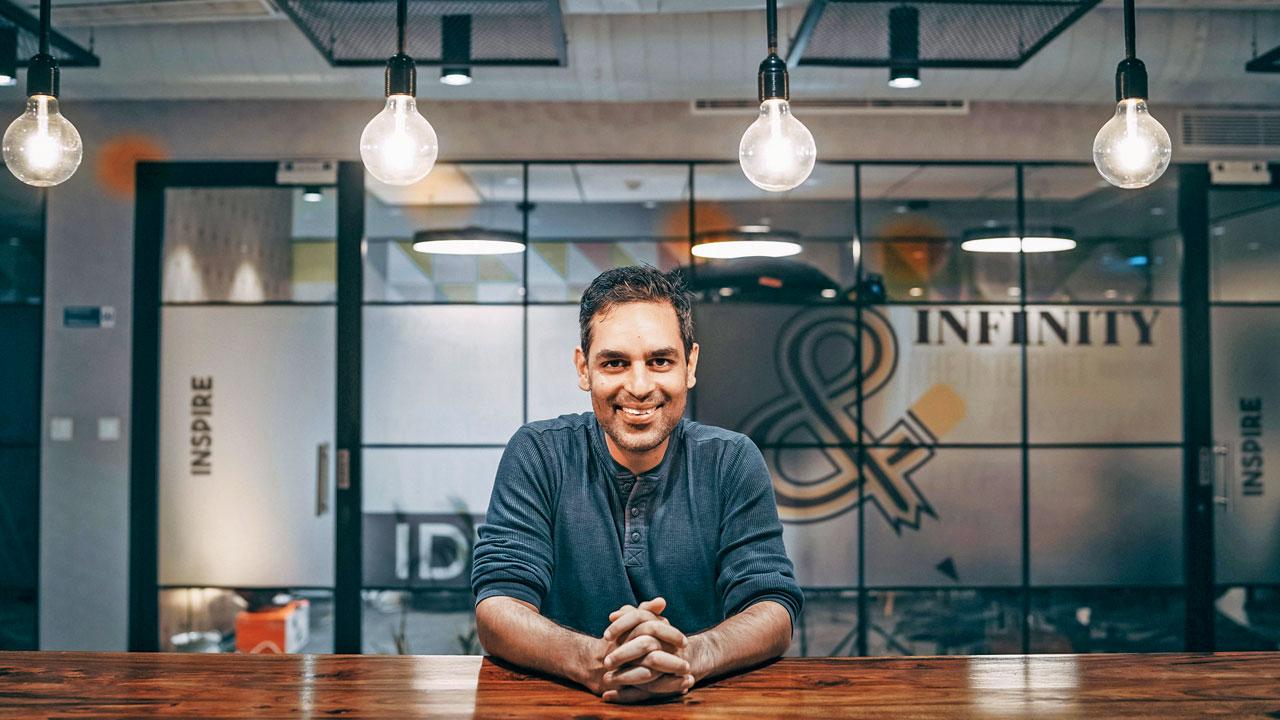Dinesh Karthik won hearts with his successful return to Indian cricket after three years. Taking cue, experts decode how one can ace a comeback in a competitive corporate world

Dinesh Karthik ‘s IPL form has earned him a call up to the national team. Pic Courtesy/RCB Instagram
The world of sports revels in stories of the underdog; from Leicester City and Tyson Fury to Indian T20 cricket’s latest returnee, Dinesh Karthik. For all purposes, the Royal Challengers Bangalore batsman seemed to have retired from international cricket. He had taken up a stint in the commentary box for the last two years. But talent, as they say, always finds a way.
ADVERTISEMENT
The 36-year-old cricketer turned the clock back on his fitness levels and upgraded his skills through the 2022 IPL tournament to emerge as a brilliant finisher. Life in the corporate world, however, can be tricky. Issues such as ageism, technology automation and systemic changes can prove challenging for a professional return after a hiatus.
Accept the change
Author, entrepreneur and motivational speaker Ankur Warikoo — who frequently outlines mantras for professionals online — shares that the key is to accept the change. “If you are expecting the world to be the same as when you left it, then clearly, you would be at a disadvantage.” The upside, Warikoo explains, is if a professional has spent the time-off upgrading their skills, and not resting on their experience.

Priyank Pathak and Rhea Punjabi
Career coach and corporate trainer Rhea Punjabi explains, “Change is uncomfortable and humans are hard-wired to resist it. Most of the time, we live on autopilot, and making a return means changing patterns entrenched over a long period.” This challenge, she adds, is common irrespective of gender or age.
Yet, in a country where ageism is entrenched in corporate practice, Warikoo suggests that it can be a challenge to work in a younger setup, particularly in start-up enterprises. “The experienced professional can compensate with better judgement as compared to someone who is just starting their career,” he says. But the author cautions, “Don’t make the mistake of walking into a job with 20 years of experience and stop learning. You always have to be a student.”
Work the network
Time outside the professional domain does not mean complete isolation. Professionals often make the mistake of not keeping abreast of the flux in industries. Both Warikooo and Punjabi recommend networking as a way to test the waters. “Staying in touch with your network will also help you to stay in touch with industry trends and may even get you freelance opportunities,” Punjabi reveals.

Ankur Warikoo
Priyank Pathak, founder, Innovation Roots, points out that people are often caught up with their last job title, losing sight of other opportunities that may have opened up in the field during this time. “Don’t limit yourself to one idea. Be open to learning about ideas or opportunities in your profession and tangential fields,” he says. As long as a professional can bring in a fresh perspective and approach to the table, their demand remains unchanged, the experts add.
Warikoo elaborates, “It is not about you, but about your skills helping the firm. Just because you have 20 years of experience doesn’t mean anyone will accept you at face value.”
Upskill and upgrade
At a time when software is automating, professionals cannot afford to be left behind. With accessible online courses and technical information on the Internet, the responsibility lies on the individual to upgrade their skills. Punjabi believes that the time-off is an opportunity to brush-up high-income skills. “This can help you return to work as a better, more rounded professional,” she maintains.
Warikoo agrees. The author insists that experienced professionals returning to a corporate setup cannot risk learning on the job. “Ensure that in addition to the past experience, you have done everything to upskill yourself. It is inevitable. You cannot do it on the job. You must have certain things that are fundamentally established,” he advises.
Plan effectively
For Pathak, the decision to return also needs the right reasons. “Know your objectives clearly before taking the decision to return,” he says. Punjabi concurs, but adds that financial planning before the break is just as important. “Aside from considering how long you’ll be away, it’s a good idea to save money to counter any surprises that may come your way,” she suggests.
Of course, all the preparation is subject to a determined effort to return to the pinnacle. Karthik’s current success is built on a relentless drive and hunger to play cricket. As Warikoo concludes, nothing is possible without that hunger and passion.

Comeback checklist
>> Stay connected to your network and upgrade your skills.
>> Leave your ego at the door and be willing to learn again.
>> Keep your doors open for opportunities.
>> Stay confident. Remember that your skills and experience are an advantage.
>> Do not lose the hunger to be productive.
 Subscribe today by clicking the link and stay updated with the latest news!" Click here!
Subscribe today by clicking the link and stay updated with the latest news!" Click here!







